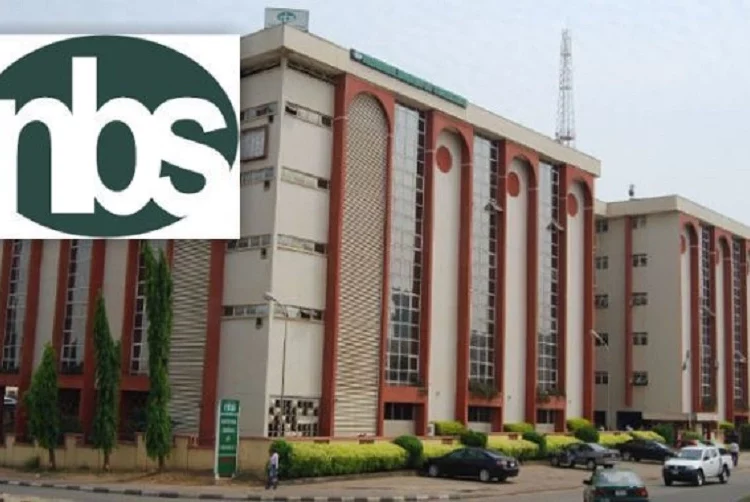A member of the Economic Advisory Council (EAC) of President Muhammadu Buhari’s administration and former adviser to president Olusegun Obasanjo on economic affairs, Prof Ode Ojowu has expressed satisfaction with the relatability of reports released by the National Bureau of Statistics (NBS) to the performance of the economy in recent time.
Prof Ojowu insisted that the reports of NBS were a true reflection of the nature of Nigeria’s economy where, contrary to what many may expect, there was growth in GDP in the second quarter attributable to the resilient nature of the Nigerian economy.
“The Nigerian economy is overly resilient, if not, the pressure on the economy is enough to explode it,” Ojowu said in an interview with cbdmediaedge. He said the degree of resilience was found in the contribution of agriculture which has attracted farmers to participate, as a survival strategy, in the farming of food crops, come rain, come sunshine. According to him, farmers are motivated by the need to survive by all means and to have an occupation.
However, he acknowledged that farmers are increasingly getting old and their children are not following them to the farm thereby putting the resilience of the economy on a litmus test. Ojowu also said the insecurity on the farms is a major concern that might affect the trajectory of the growth of agriculture in the future.
He commended NBS as an organisation that has improved in its data collection methodology, which was recently digitalised and thereby allowing raw data collection in the remotest part of the country.
In the report released last week by NBS, Nigeria’s gross domestic product (GDP) grew by 3.54 per cent year-on-year in real terms in the second quarter of 2022, an improvement compared to the 3.11 per cent growth recorded in the previous quarter.
The data also showed that the industrial sector contributed 19.4 per cent, accounted for 57.35 per cent of the GDP, while and culture contributed 23.4 per cent.
Of major concern in the report is the fact that food inflation, which has a direct bearing on the life of ordinary people, has increased since last year. Indeed, out of about 700 items in the CPI index report previously released by NBS, food and beverages represent about 51 per cent of the basket of items that increased in inflation figure to 18.5 per cent from 17.7 per cent of the same previous 2021.
The food inflation has weakened household consumption and left many Nigerian poorer amidst increased prices of other commodities like gas, electricity, transportation etc.
The causes in the prices of food are partly attributable to exogenous factors like disruption in the food supply chain in the world caused by the war between Russain and Ukraine who are major importers and exporters of agricultural products. In Nigeria, there is also increased insecurity on the farms which limits food production to a larger extent.
We’ve got the edge. Get real-time reports, breaking scoops, and exclusive angles delivered straight to your phone. Don’t settle for stale news. Join LEADERSHIP NEWS on WhatsApp for 24/7 updates →
Join Our WhatsApp Channel









